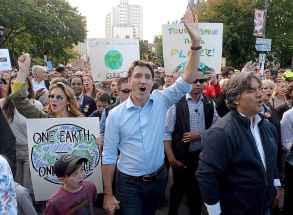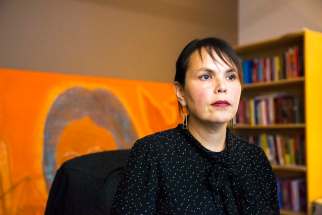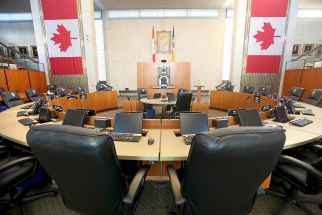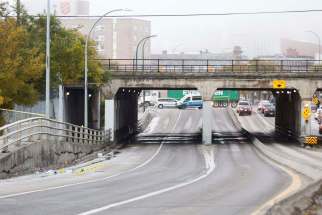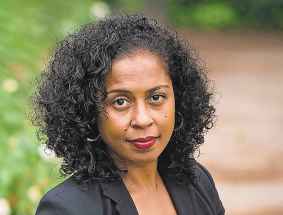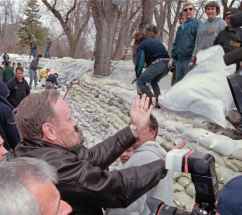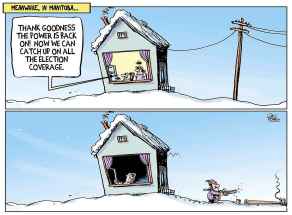Betting on the Bloc Party's steady gains in rural Quebec battleground have little to do with separatism, much more to do with respect for the province at the federal level
Read this article for free:
or
Already have an account? Log in here »
To continue reading, please subscribe:
Monthly Digital Subscription
$0 for the first 4 weeks*
- Enjoy unlimited reading on winnipegfreepress.com
- Read the E-Edition, our digital replica newspaper
- Access News Break, our award-winning app
- Play interactive puzzles
*No charge for 4 weeks then price increases to the regular rate of $19.00 plus GST every four weeks. Offer available to new and qualified returning subscribers only. Cancel any time.
Monthly Digital Subscription
$4.75/week*
- Enjoy unlimited reading on winnipegfreepress.com
- Read the E-Edition, our digital replica newspaper
- Access News Break, our award-winning app
- Play interactive puzzles
*Billed as $19 plus GST every four weeks. Cancel any time.
To continue reading, please subscribe:
Add Free Press access to your Brandon Sun subscription for only an additional
$1 for the first 4 weeks*
*Your next subscription payment will increase by $1.00 and you will be charged $16.99 plus GST for four weeks. After four weeks, your payment will increase to $23.99 plus GST every four weeks.
Read unlimited articles for free today:
or
Already have an account? Log in here »
Hey there, time traveller!
This article was published 18/10/2019 (2243 days ago), so information in it may no longer be current.
CHAMBLY, Que. — Daniel Choinière chuckles when asked whom he’s planning to vote for.
“You try to find the least worst of the entire gang,” he says with a shrug. “It will probably be for the Bloc.”
Many Quebecers are poised to do the same Monday.
The Conservatives and the Liberals have essentially been in a dead heat for the six weeks of this campaign, while the Greens and NDP have made marginal gains. But the Bloc Québécois has been trending up this month.
For Choinière, choosing the Bloc would have nothing to do with separatism. He feels the party’s charismatic leader, Yves-François Blanchet, is among the few who haven’t “made a total fool of themselves by constantly bickering” during the campaign.
“In the debates, he actually answered the questions. It wasn’t talking points,” said Choinière, who resides in this picturesque town 30 kilometres southeast of Montreal. “We need someone to actually address the climate crisis and protect Quebec culture.”

The Bloc’s pledges on both fronts seem much more tangible to him than what he got after voting for Justin Trudeau’s Liberal party in 2015.
Quebec tends to decide federal elections, with large swaths gravitating to the same party, often at the last minute.
But with polls projecting a minority government, a Bloc sweep could either give the party the balance of power, or diminish Quebec’s influence, raising consequences for all of Canada.
“What’s happening in Quebec is quite spectacular,” said Daniel Béland, director of the McGill Institute for the Study of Canada. He expects the Bloc will win a dozen seats, but the latest projections suggest they might triple that number, besting the NDP for third place nationally.
“The Bloc is kind of the joker (card) in this campaign.”
•••
At Jack Layton Park in the town of Hudson, Que., NDP Leader Jagmeet Singh tries evoking his deceased predecessor’s legacy in the province.
“It’s thanks to Jack that the NDP now has the place it currently holds in the hearts of Quebecers,” he told a small group of supporters Wednesday morning an hour from downtown Montreal.
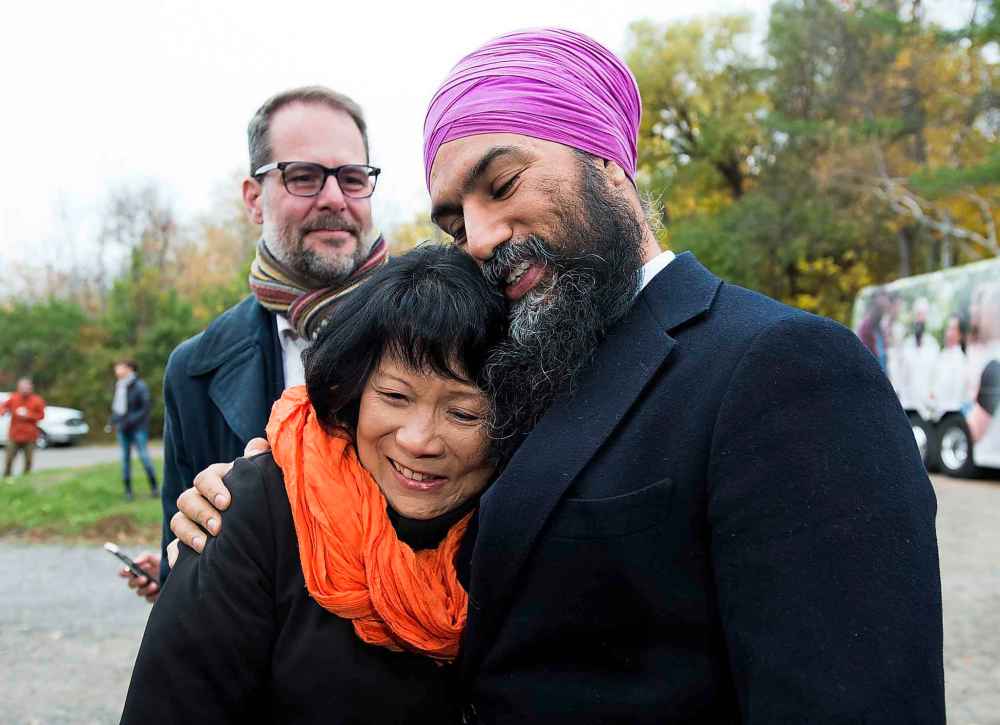
Layton led the NDP into official-opposition status in 2011, turning one Quebec seat into 59. The number dropped to 16 in 2015 when the Liberals swept the province, in part due to the NDP’s opposition to the Conservatives’ niqab ban during citizenship ceremonies. The niqab is a religious head-and-face covering worn by some Muslim women that reveals only their eyes.
This time around, polls suggest the NDP will likely end up winning, at most, two of Quebec’s 78 ridings.
“Singh is no Jack Layton,” said Christian Lord, a railway engineer from the farming district of Saint-Hyacinthe, Que, 60 kilometres east of Montreal. “For some people it’s his turban, but for me it’s his policies. They don’t add up.”
Lord lives in a handful of Quebec ridings that were won by a margin of less than five per cent, where four parties have a shot at winning, a rarity outside the province.
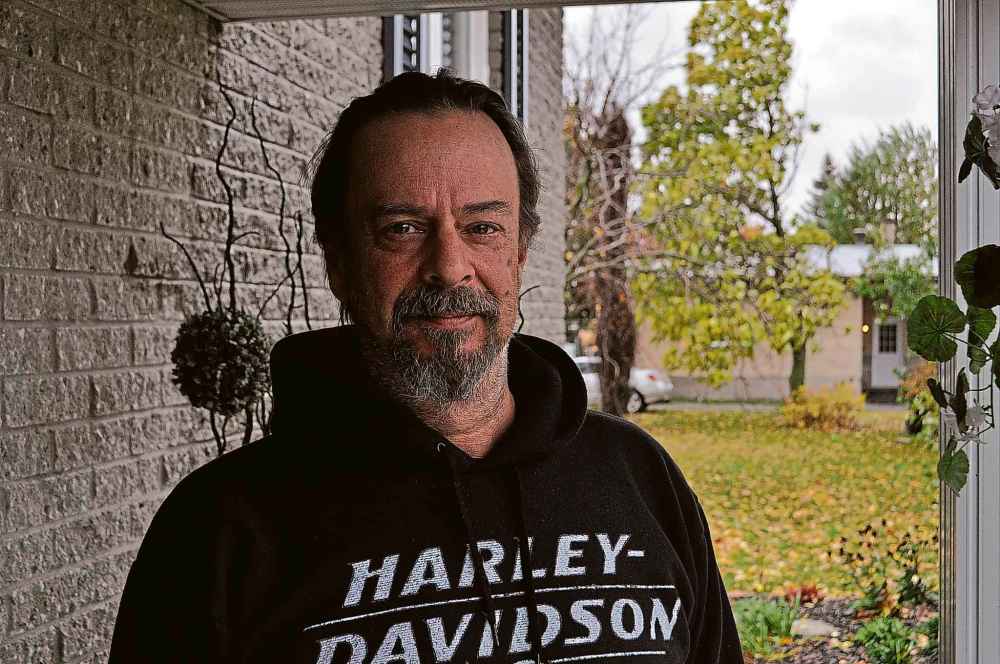
But despite the NDP’s rise elsewhere, the party’s numbers in Quebec have hardly moved over the course of the campaign.
Polls indicate the Bloc has been taking support from fiscal Tories, progressive NDP supporters and environmentalists who lean Green.
Meanwhile, Ontario’s cancellation of a French-language university and the New Brunswick minority government propped up by a party that wants to cut back French services have both heightened Quebec’s feeling of being a minority under siege.
“Nationalism unites a lot of Quebecers, regardless of their position on fiscal issues,” Béland said from Montreal.
Lord is leaning towards the Bloc this time because he feels Quebecers will have more sway, especially in a minority Parliament.
“Canada’s just a collection of little countries,” Lord said. “It makes sense to vote for what’s best for your home.”
•••
Poll numbers in Quebec started to shift after federal leaders mulled a challenge to the province’s secularism law, known as Bill 21.
Since June, the law has barred anyone wearing a hijab, turban or kippa from taking positions of authority within the public service. Roughly 70 per cent of Quebecers support the bill, especially older people who are the most likely to vote.
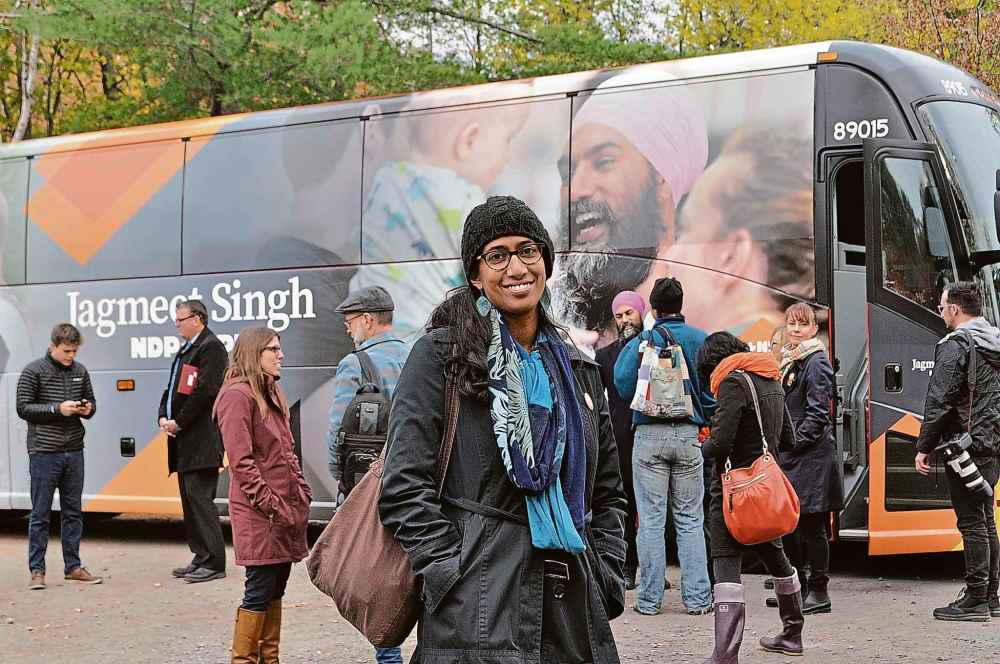
“The rest of Canada makes Quebec seem like we’re xenophobic,” said Lise Amarasekera, an NDP supporter. She opposes this law, but says it’s motivated more by secularism than racism.
“Being born and raised here, as a visible minority, most people are super-loving.”
Trudeau and Singh have left the door open to challenging the law in court, while Blanchet said Ottawa ought to butt out of the province’s jurisdiction.
Guy Lachapelle, a political scientist at Concordia University in Montreal, said the issue isn’t really about the content of the bill, but rather the prospect of Ottawa intervening in any piece of popular legislation.
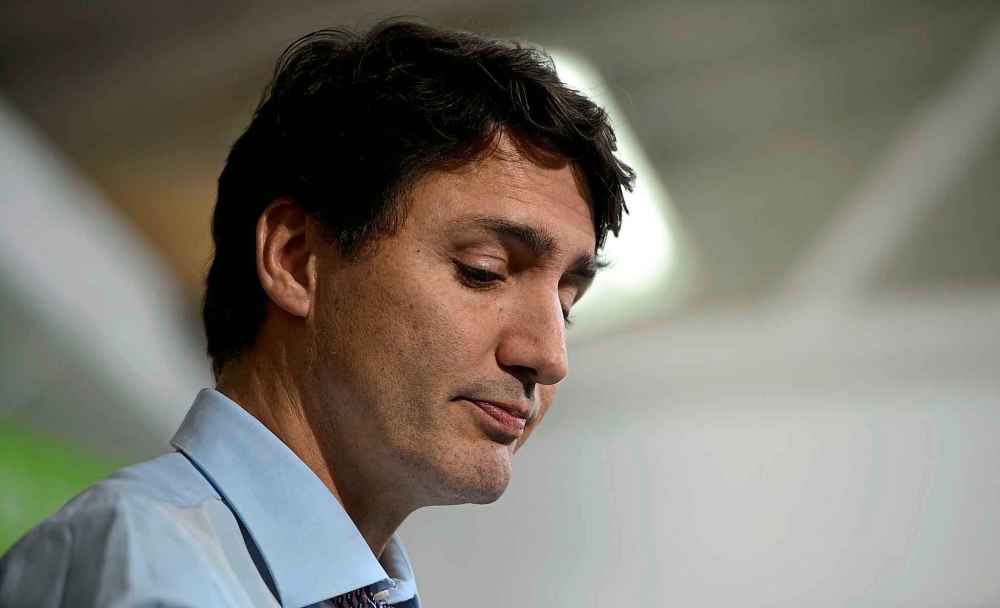
“People in Quebec are unhappy. (They feel) that it’s not up to the federal government to decide everything,” he said.
Similarly, the Liberals’ support for the Trans Mountain pipeline expansion, despite a sizable outcry in British Columbia, raises the prospect of Ottawa overstepping in Quebec.
Saint-Hyacinthe resident Jean-Marc Rochefort voted for Trudeau, but says both decisions are tone deaf.
He’d prefer Bill 21 not apply to teachers, but otherwise feels the bill’s a logical continuation of the social consensus that overthrew the Catholic church’s grip on the province in the ’60s.
He’s leaning toward the Bloc. “Whoever’s prime minister, we will have our MPs and our province on the same page,” he said.
•••
Quebec’s provincial government is having an extended honeymoon period.
A year ago, the upstart Coalition Avenir Québec party (CAQ) won a majority on a platform of fiscal conservatism and Quebec nationalism.
SNC-Lavalin saga moved little in Quebec polls
DRUMMONDVILLE, Que. — While the Liberals have justified their handling of the SNC-Lavalin affair as protecting Quebec jobs, the topic has had little impact on the party ‘s fortunes in the province.
“Quebecers are sensitive to the integrity of government,” said Guy Lachapelle, a political scientist at Concordia University.
DRUMMONDVILLE, Que. — While the Liberals have justified their handling of the SNC-Lavalin affair as protecting Quebec jobs, the topic has had little impact on the party ‘s fortunes in the province.
“Quebecers are sensitive to the integrity of government,” said Guy Lachapelle, a political scientist at Concordia University.
In 2015, the province wrapped up four years of dramatic testimony about corruption in the construction industry. The Charbonneau Commission led to resignations and arrests over millions of dollars in graft, a decade after the federal sponsorship scandal.
Quebecers chafe at the perception that their province is corrupt, an idea the SNC-Lavalin scandal reignited in the English-language media.
The affair started Liberal Leader Justin Trudeau’s drop in the polls outside Quebec in the spring, but it didn’t change his support in Quebec.
In interviews this month with two dozen voters across the province, only one raised the issue as having any influence on their vote.
One of the key moments of the official French-language debate involved Bloc Leader Yves-François Blanchet taking Trudeau to task for not successfully halting the corruption case, while giving Quebec a bad name.
“(Trudeau) got some recognition for trying to save jobs, but he didn’t actually protect SNC-Lavalin from prosecution,” said Daniel Béland, director of the McGill Institute for the Study of Canada.
“I don’t think he suffered in Quebec because of SNC-Lavalin, but I’m not sure he actually gained more ground.”
— Dylan Robertson
The CAQ skirts the question of a referendum on separation. Instead, the party wants to get more autonomy for Quebec and shore up culture, language and secularism.
Two other parties pushing for a referendum placed third and fourth in last fall’s provincial vote.
That’s let Blanchet’s federal Bloc party woo Quebecers who are weary of separation talk, saying any referendum vote would first require the provincial legislature’s approval.
He says that means Western Canada has nothing to worry about. He feels the Bloc’s number of votes will indicate how many want “to redefine our relationship” and who feel Quebec isn’t adequately respected.
“Sometimes you have to maybe pull away a little, before getting closer,” Blanchet told the Free Press Wednesday, at the back of his campaign bus in Beloeil, 20 kilometres east of Montreal.
•••
When Blanchet exits the navy coach to shake hands at a chain diner, he has a spring in his step.
A year ago, the party was in turmoil, purging former leader Martine Ouellet, who refused to let go of her provincial MLA seat after seven of the party’s 10 MPs defected.
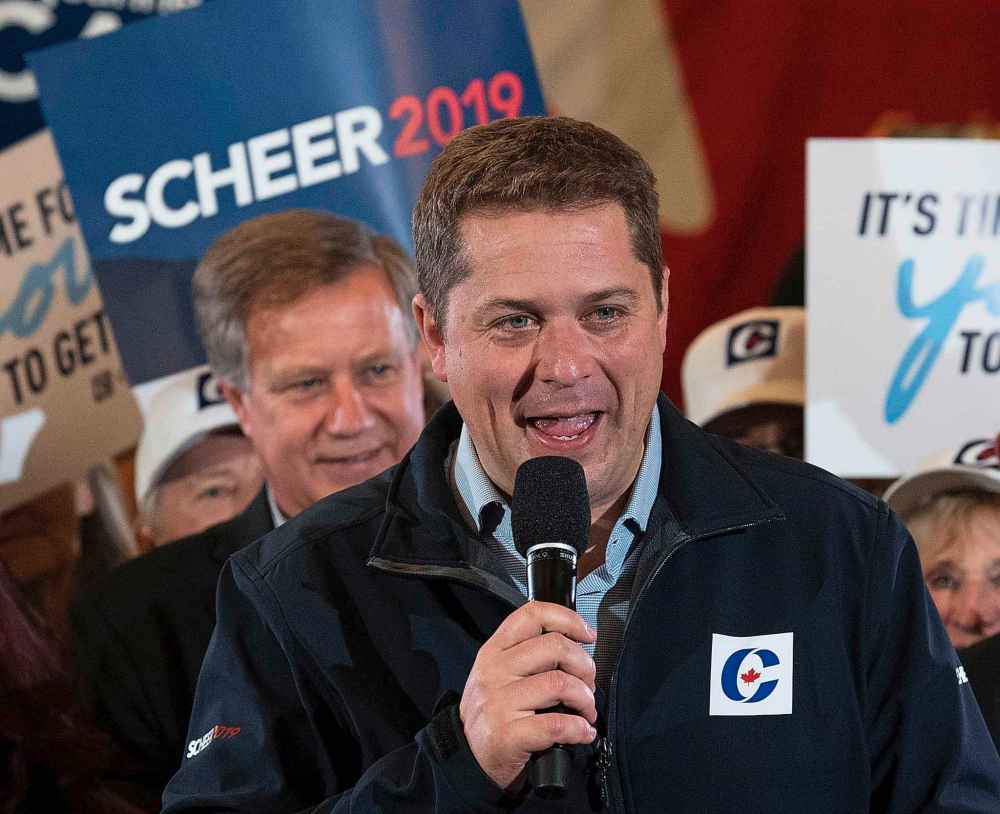
Now, the party has slick advertising and policies that appeal to both baby boomers and young environmentalists. Polling ranks the party second in the province, and first among francophones.
“No one saw that coming,” said Colombe Gagnon, an undecided voter in Chambly. “Their rise has been… meteoric.”
Conservative Leader Andrew Scheer tried to ride the CAQ’s coattails when he launched in Trois-Rivières, Que. But in a Léger poll this week, 39 per cent of CAQ voters said they intend to support the Bloc, almost double the allegiance to the Tories, who now rank third.
Some of the Liberals’ strongholds in Montreal appear wobbly, as do seats in the Eastern Townships that were deemed safe. However, the party still leads in Quebec, and Trudeau attracted healthy crowds this week, including his Wednesday visit to a retirement home in Chambly.
More than a quarter of Quebec voters remained undecided a week before the election.
•••
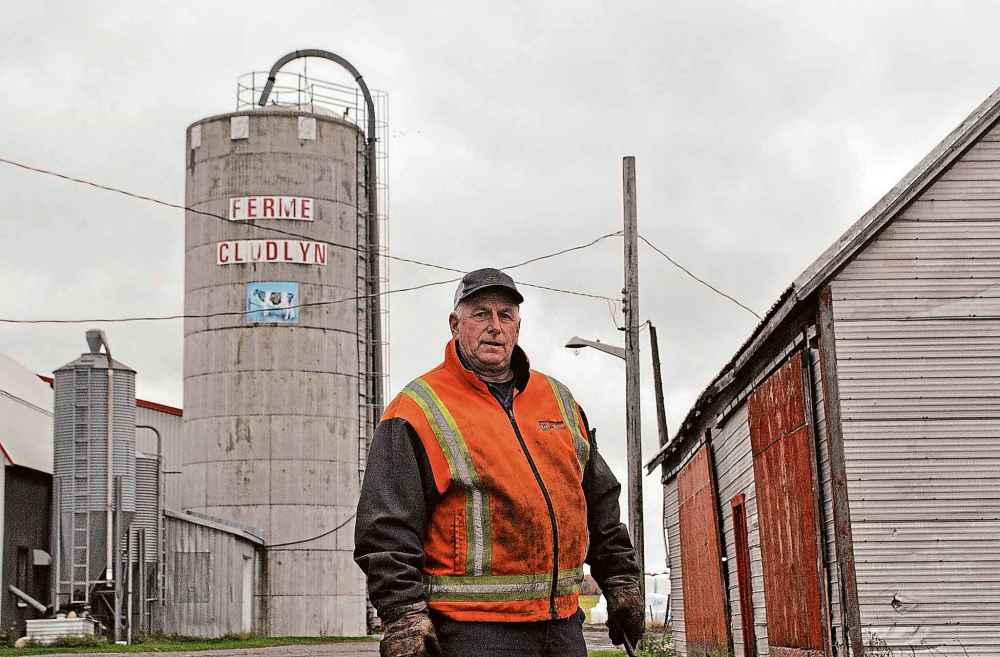
Quebec’s dairy farmers are among the key demographics the parties have been courting, as they represent enough votes to swing numerous tight ridings.
At a dairy farm just outside Saint-Hyacinthe, Claude Ruel runs out of fingers as he tries counting the issues facing his industry. Rising costs, lower profit margins and an influx of foreign cheese is putting his family business in jeopardy.
Canada strictly regulates the prices and production of eggs, poultry and dairy, yet Ruel said those protections aren’t keeping up with globalization.
“My buddies in France say I’m getting hosed,” he said.
The Liberals carved out special subsidies in the renegotiation of NAFTA. Scheer collaborated heavily with the dairy industry in his bid for Tory leadership. The NDP has, loudly, opposed existing terms of trade deals.
None of those parties appeal to Ruel. “No matter which one you pick, they all turn out to be rotten apples,” he said.
•••
For Lachapelle, the Bloc’s rise is indicative of the strains on Confederation, with squabbles over pipelines, ambivalence about how to pay for rising health-care costs and premiers exchanging barbs with federal leaders.
“Ottawa, in general, misunderstands Quebec, as they misunderstand the western provinces,” he said. “It just proves the federal system has to be rethought, in a way.”
dylan.robertson@freepress.mb.ca
BLOC’S SHARE OF THE VOTE
The Bloc Québécois’ share of the province’s federal seats has changed over the course of general elections.
1997
Liberal majority government
44/75
2000
Liberal majority government
38/75
2004
Liberal minority government
54/75
2006
Conservative minority government
51/75
2008
Conservative minority government
49/75
2011
Conservative majority government
4/75
2015
Liberal majority government
10/78


